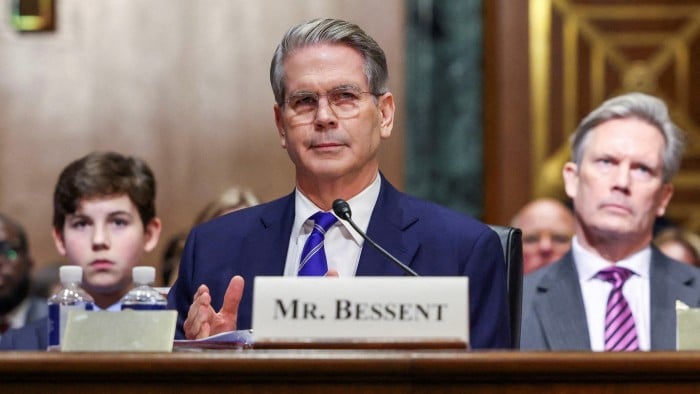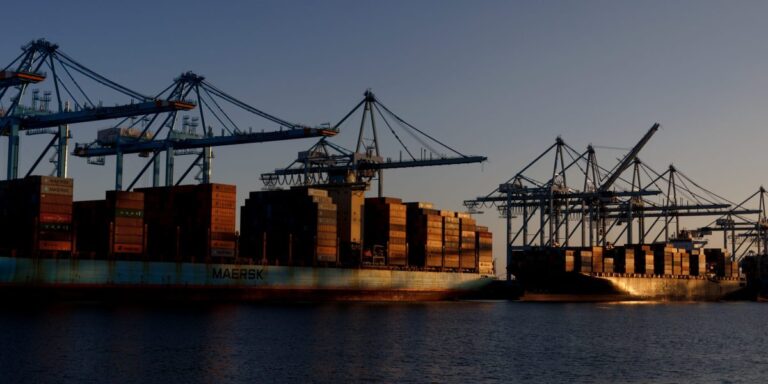[adrotate group="2"]
Scott Bessent, Donald Trump’s Treasury secretary, is advocating for new universal tariffs on U.S. imports that would initially be set at 2.5 percent and increase gradually, as outlined by four sources familiar with the matter.
The proposed 2.5 percent tariff would escalate by the same percentage each month, allowing businesses a transition period and providing countries the opportunity to negotiate with the Trump administration.
These tariffs could potentially rise to as high as 20 percent, reflecting Trump’s strong positions during his campaign. However, this gradual approach would be less drastic than the immediate imposition that some nations feared.
It remains unclear if Bessent has garnered support from other key figures, such as Howard Lutnick, Trump’s nominee for commerce secretary, regarding this tariff strategy.
Debates over tariff policy are heated, with more aggressive advocates like Peter Navarro and Jamieson Greer pitted against moderates including Bessent. Bessent was recently confirmed as the next U.S. Treasury secretary with a Senate vote of 68-29.
Trump has previously threatened to impose tariffs of up to 25 percent on imports from Canada and Mexico starting this weekend and has also considered imposing similar tariffs on Colombia due to a dispute over deportees.
One individual familiar with Trump’s views indicated that the president is evaluating multiple options for tariffs and has yet to finalize a specific plan.
A source close to Bessent chose not to publicly discuss the proposal but indicated that he looks forward to participating in discussions once confirmed for his position.
Proponents of starting with lower tariffs argue that it would provide necessary time for nations and companies to adapt and negotiate. Critics, however, assert that a higher initial tariff would communicate a more decisive message.
High tariffs were a central theme of Trump’s “America First” campaign, where he committed to imposing “taxes” on foreign nations at unprecedented levels.
Since taking office on January 20, Trump’s actions have primarily included issuing a memorandum to review U.S. trade policy, focusing on trade deficits and the potential manipulation of currencies by foreign competitors against U.S. businesses.
When asked about the possibility of universal tariffs last week, Trump said, “We may. But we’re not ready for that yet.”
Trade experts have noted that Trump could quickly impose universal tariffs using executive authority, such as the International Emergency Economic Powers Act, which empowers the president to address emergencies through economic measures.
However, they also warned that utilizing the IEEPA for broad tariffs could lead to legal challenges from business groups.
Trump has been vocal about his opposition to the U.S. trade deficit and views tariffs as a means to generate revenue for the country.
“Instead of taxing our citizens to enrich other countries, we will tariff and tax foreign countries to enrich our citizens,” Trump stated in his inaugural address.
In recent Senate confirmation hearings, Bessent reiterated that the Trump administration would utilize tariffs to combat unfair trade practices, increase government revenue, and negotiate favorable deals with other nations.
The White House has not responded to requests for comment.
photo credit: www.ft.com
[adrotate group="2"]





